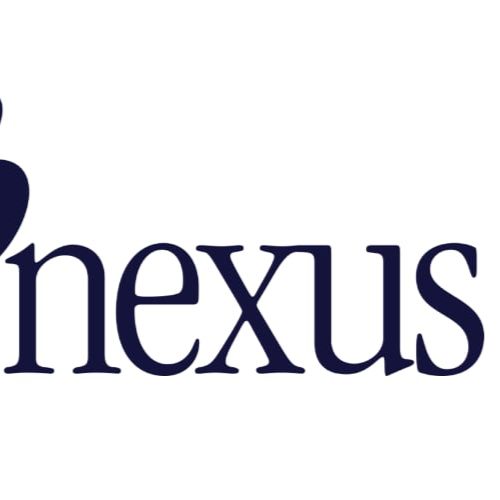SOIs are going to dramatically increase their footprint in private equity and credit markets in 2025, a trend that indicates a change in global investment strategies. A report by Global SWF, a research consultancy, states that the trend has been accelerated since the pandemic, mainly led by Abu Dhabi funds.
PC: Zawya
Abu Dhabi Funds at the Helm
In the last four years, key investment entities of Abu Dhabi – ADIA, ADQ, and Mubadala- have made high-profile acquisitions and partnerships in private equity. ADIA has invested stakes in Corient, Fisher Investments, in conjunction with Lunate, and Hargreaves Lansdown. ADQ invested in Sagard and Plenary Group, whereas Mubadala acquired stakes in CI Financial (Corient’s parent), Silver Lake, Fortress, and Silver Rock.
This activity marks a more significant trend for SOIs: blurring the lines between limited and general partnerships to further develop operational expertise and influence in alternative investments. Global SWF believes this trend will continue as SOIs capitalize on growing capabilities in private equity.
The Rise of Private Credit
Private credit emerged as a standout asset class in 2024, with the global market doubling to $1.7 trillion since 2018. Projections indicate the market could approach $3 trillion by 2030. As regulatory pressures and economic uncertainties drive traditional banks to reduce lending, private credit has stepped in to fill the void, with SOIs—particularly from the Middle East—at the forefront of this expansion.
Abu Dhabi funds have been at the forefront of private credit initiatives. ADIA has anchored Pemberton’s $1 billion net asset value financing strategy, while Mubadala has partnered with Goldman Sachs to establish a $1 billion private credit initiative in the Asia-Pacific region. Mubadala also launched a $2.5 billion private credit platform targeting middle-market companies in the U.S. in partnership with Apollo Global.
Opportunities and Risks
The growth of SOIs in private credit markets bridges the gap between traditional banking and the increasing demand for customized financial solutions. Private credit is an attractive asset class for institutional investors because of its flexibility and resilience to market volatility.
However, there are challenges. Higher interest rates and economic uncertainty pose risks to borrowers’ balance sheets. On the other hand, these factors also present opportunities for investors to acquire distressed assets at favorable valuations.
Global SWF projects that SOIs could collectively manage $60 trillion in assets by 2025 and $7 trillion by 2030, driven by the ambitious economic visions of the Gulf nations. This underscores their growing influence in shaping global investment strategies, particularly in private equity and credit markets.
As SOIs continue to innovate and expand their portfolios, their role in alternative investments is set to grow, reshaping the landscape of global finance.















